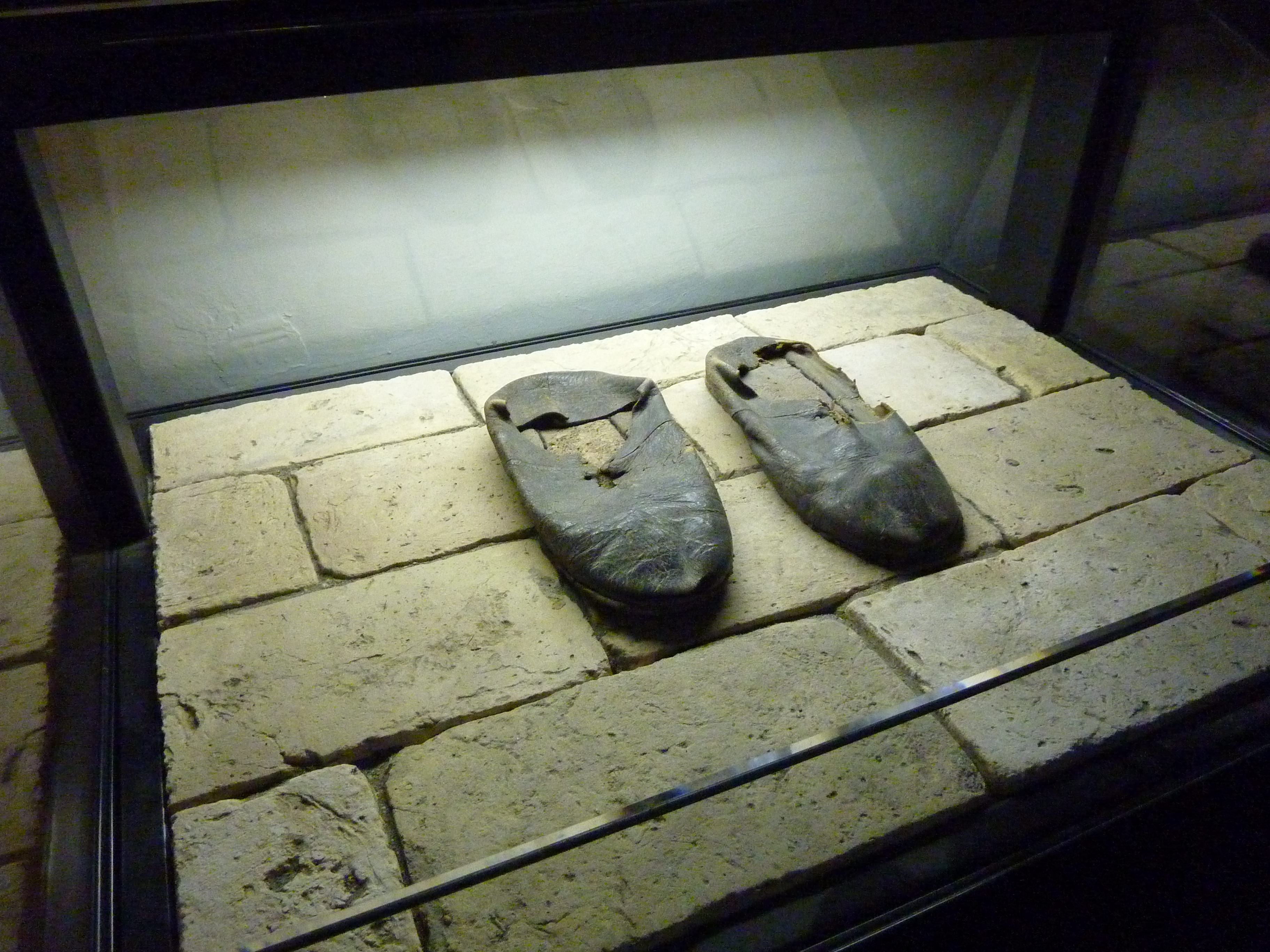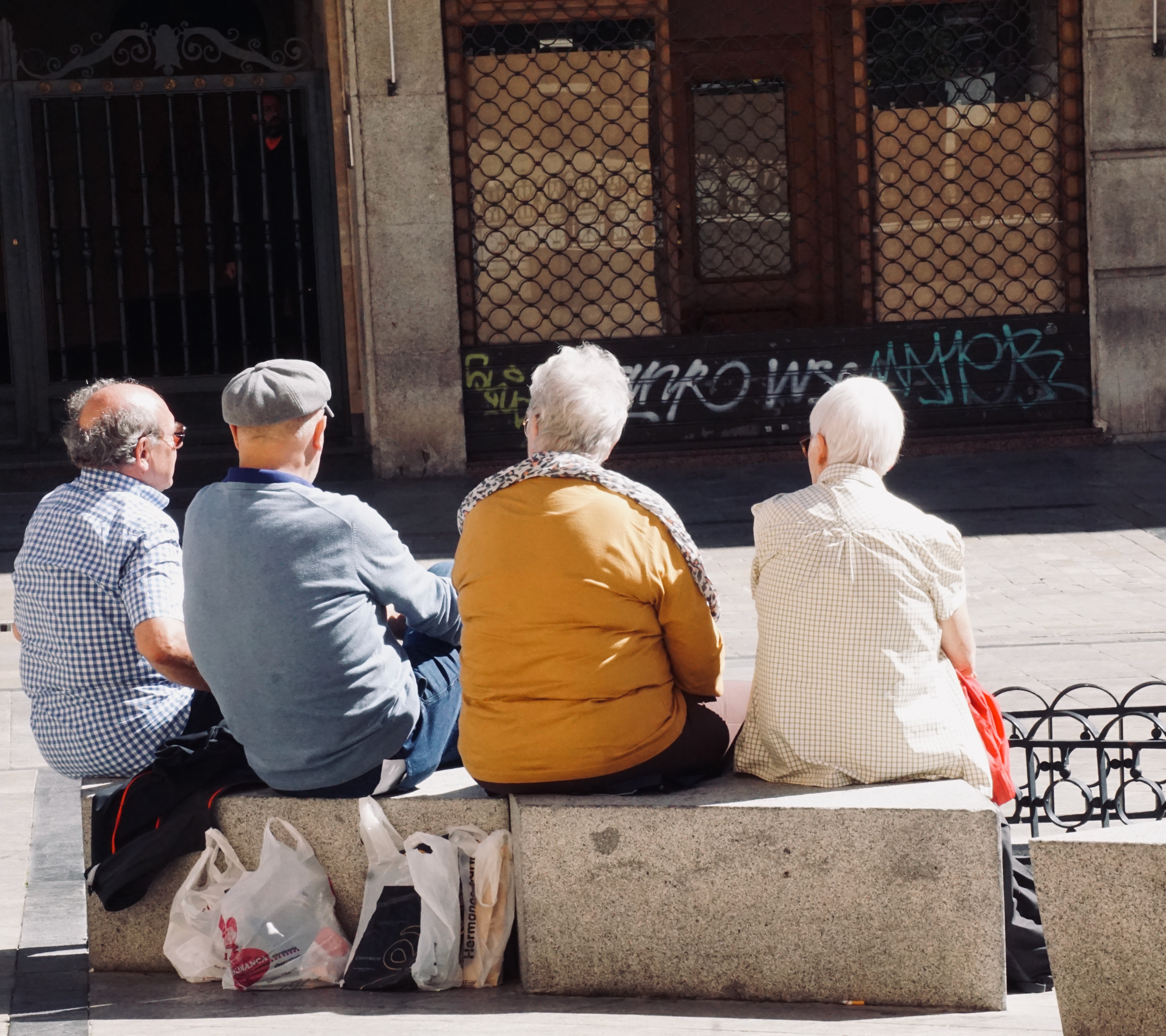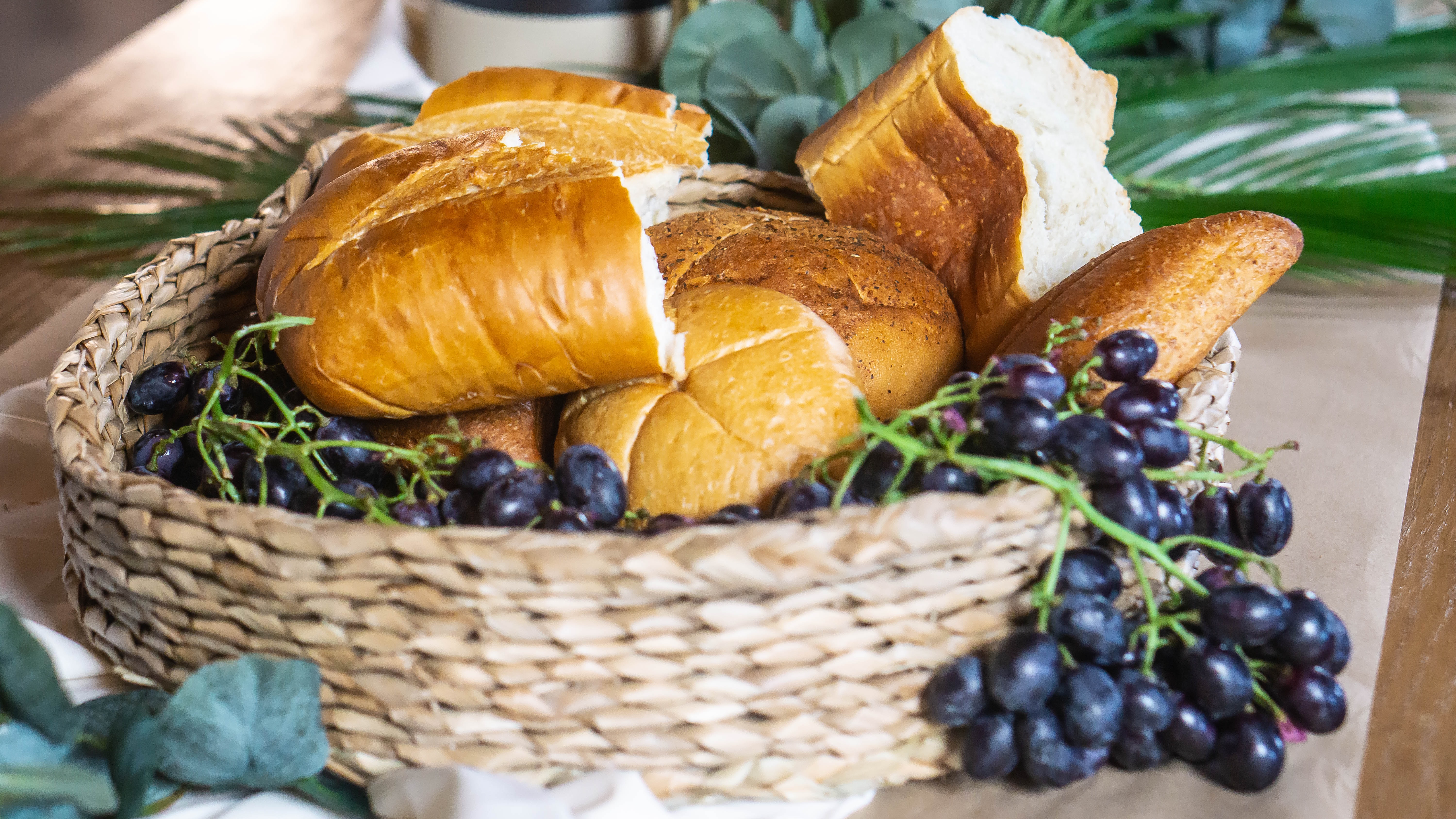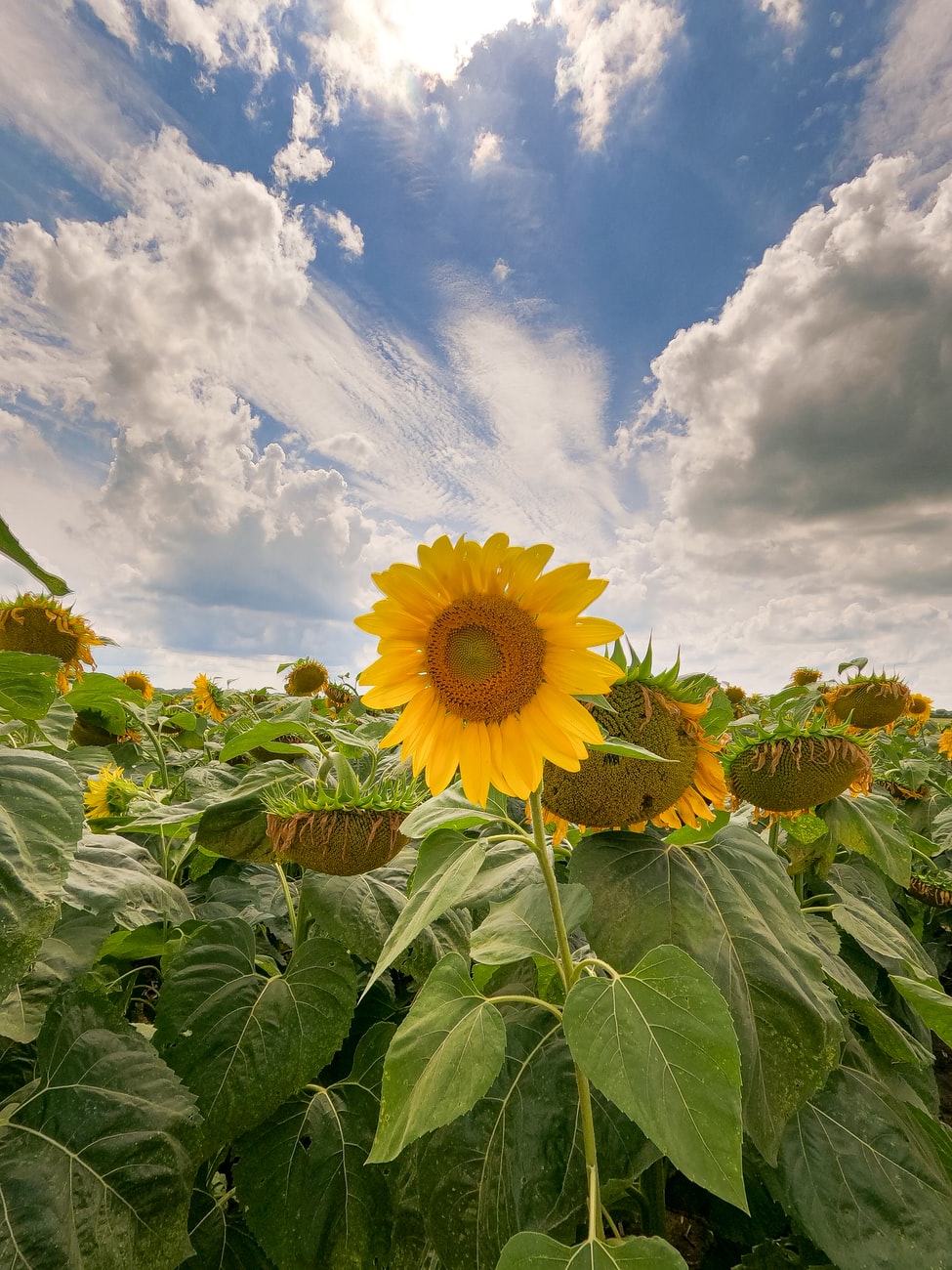Today’s readings are all about provision and satisfaction. We see what happens to those who are grateful, and ungrateful for his gifts.
In the First Reading we see the Israelites lamenting about the manna. As we recall, in the beginning they were so excited and happy to be saved from starvation, but after a month or two of eating the same thing over and over again, they grew tired and began to complain, saying things were better off in Egypt because they at least had meat to eat! If you continue to read the Book of Numbers you will discover that God sent them meat like they asked, but it infected them with the plague because of their greed.
Not only did they take his blessings for granted, but they despised them. They claimed it would have been better to stay in Egypt.
This, of course, is ridiculous.
The Lord provides anyway, and gives them what they want. But very quickly they learn that sometimes the things they want that God does not want are not always the best things….
In the Gospel we read about the feeding of the five thousand. Jesus taught them, it got late, and the disciples told him to send the people home so they could get something to eat. Jesus, however, replies that it would not be necessary, because he would provide. (And note that it was a deserted place, farther away from the villages. How many that just got up and followed him would have thought to bring money to buy food on the way home?)
You know the rest of the story: two loaves, two fishes, and he feeds five thousand. Another thing to note is that they had twelve baskets full left! Not only does he provide enough for them, he even has extra.
Now what is the difference between those who got the manna and those who got the loaves and fish?
Those who had the loaves and the fish were satisfied.
The Israelites, who probably had more than enough manna to go around and were not physically hungry, were not satisfied.
Why does this matter?
The greed of the Israelites was their downfall. The greedy got the plague and died. The satisfied crowd was nourished soul and body by Jesus. Which would you rather happen to you?
 Perpetua Phelps is a high school student residing in West Michigan and is the second of four children. Apart from homeschooling, Perpetua enjoys volunteering at her church, attending retreats, studying Latin and French, and reading classics such as Beowulf, The Lord of the Rings, C.S. Lewis’ Space Trilogy, and Mark Twain’s Joan of Arc. She also spends much time writing novels, essays, and poetry for fun and competition. A passionate Tolkien fan, Perpetua is a founding member of a Tolkien podcast.
Perpetua Phelps is a high school student residing in West Michigan and is the second of four children. Apart from homeschooling, Perpetua enjoys volunteering at her church, attending retreats, studying Latin and French, and reading classics such as Beowulf, The Lord of the Rings, C.S. Lewis’ Space Trilogy, and Mark Twain’s Joan of Arc. She also spends much time writing novels, essays, and poetry for fun and competition. A passionate Tolkien fan, Perpetua is a founding member of a Tolkien podcast.
Feature Image Credit: Pexels, https://pixabay.com/photos/arm-hand-write-planner-planning-1284248/


 Emily Jaminet is a Catholic author, speaker, radio personality, wife, and mother of seven children. She earned a bachelor’s degree in mental health and human services from the Franciscan University of Steubenville. She is the co-founder of
Emily Jaminet is a Catholic author, speaker, radio personality, wife, and mother of seven children. She earned a bachelor’s degree in mental health and human services from the Franciscan University of Steubenville. She is the co-founder of 
 Susan Ciancio has a BA in psychology and a BA in sociology from the University of Notre Dame, with an MA in liberal studies from Indiana University. For the past 17 years, she has worked as a professional editor and writer, editing both fiction and nonfiction books, magazine articles, blogs, educational lessons, professional materials and website content. Eleven of those years have been in the pro-life sector. Currently Susan freelances and writes weekly for HLI, edits for American Life League, and is the editor of Celebrate Life Magazine. She also serves as executive editor for the Culture of Life Studies Program-an educational nonprofit program for K-12 students.
Susan Ciancio has a BA in psychology and a BA in sociology from the University of Notre Dame, with an MA in liberal studies from Indiana University. For the past 17 years, she has worked as a professional editor and writer, editing both fiction and nonfiction books, magazine articles, blogs, educational lessons, professional materials and website content. Eleven of those years have been in the pro-life sector. Currently Susan freelances and writes weekly for HLI, edits for American Life League, and is the editor of Celebrate Life Magazine. She also serves as executive editor for the Culture of Life Studies Program-an educational nonprofit program for K-12 students.




 Merridith Frediani’s perfect day includes prayer, writing, unrushed morning coffee, reading, tending to dahlias, and playing Sheepshead with her husband and three kids. She loves finding God in the silly and ordinary. She writes for Ascension Press, Catholic Mom, and her local Catholic Herald in Milwaukee. Her first book Draw Close to Jesus: A Woman’s Guide to Eucharistic Adoration is expected to be released summer 2021. You can reach her at
Merridith Frediani’s perfect day includes prayer, writing, unrushed morning coffee, reading, tending to dahlias, and playing Sheepshead with her husband and three kids. She loves finding God in the silly and ordinary. She writes for Ascension Press, Catholic Mom, and her local Catholic Herald in Milwaukee. Her first book Draw Close to Jesus: A Woman’s Guide to Eucharistic Adoration is expected to be released summer 2021. You can reach her at 
 Kathryn Mulderink, MA, is married to Robert, Station Manager for Holy Family Radio. Together they have seven children (including newly ordained Father Rob and seminarian Luke ;-), and two grandchildren. She is a Secular Discalced Carmelite and has published five books and many articles. Over the last 25 years, she has worked as a teacher, headmistress, catechist, Pastoral Associate, and DRE. Currently, she serves the Church as a writer and voice talent for Catholic Radio, by publishing and speaking, and by collaborating with the diocesan Office of Catechesis, various parishes, and other ministries to lead others to encounter Christ and engage their faith. Her website is
Kathryn Mulderink, MA, is married to Robert, Station Manager for Holy Family Radio. Together they have seven children (including newly ordained Father Rob and seminarian Luke ;-), and two grandchildren. She is a Secular Discalced Carmelite and has published five books and many articles. Over the last 25 years, she has worked as a teacher, headmistress, catechist, Pastoral Associate, and DRE. Currently, she serves the Church as a writer and voice talent for Catholic Radio, by publishing and speaking, and by collaborating with the diocesan Office of Catechesis, various parishes, and other ministries to lead others to encounter Christ and engage their faith. Her website is 
 Deacon Dan Schneider is a retired general manager of industrial distributors. He and his wife Vicki recently celebrated their 50th wedding anniversary. They are the parents of eight children and twenty-nine grandchildren. He has a degree in Family Life Education from Spring Arbor University. He was ordained a Permanent Deacon in 2002. He has a passion for working with engaged and married couples and his main ministry has been preparing couples for marriage.
Deacon Dan Schneider is a retired general manager of industrial distributors. He and his wife Vicki recently celebrated their 50th wedding anniversary. They are the parents of eight children and twenty-nine grandchildren. He has a degree in Family Life Education from Spring Arbor University. He was ordained a Permanent Deacon in 2002. He has a passion for working with engaged and married couples and his main ministry has been preparing couples for marriage.


 Sheryl O’Connor delights in being the number 1 cheerleader and supporter for her husband, Tom who is a candidate for the Permanent Diaconate in the Diocese of Kalamazoo. They are so grateful for the opportunity to grow together in this process whether it is studying for classes, deepening their prayer life or discovering new ways to serve together. Sheryl’s day job is serving her community as the principal for St. Therese Catholic School in Wayland, Michigan. Since every time she thinks she gets life all figured out, she realizes just how far she has to go, St. Rita of Cascia is her go-to Saint for intercession and help. Home includes Brea, a Bernese Mountain dog and Carlyn, a very, very goofy Golden Retriever.
Sheryl O’Connor delights in being the number 1 cheerleader and supporter for her husband, Tom who is a candidate for the Permanent Diaconate in the Diocese of Kalamazoo. They are so grateful for the opportunity to grow together in this process whether it is studying for classes, deepening their prayer life or discovering new ways to serve together. Sheryl’s day job is serving her community as the principal for St. Therese Catholic School in Wayland, Michigan. Since every time she thinks she gets life all figured out, she realizes just how far she has to go, St. Rita of Cascia is her go-to Saint for intercession and help. Home includes Brea, a Bernese Mountain dog and Carlyn, a very, very goofy Golden Retriever.